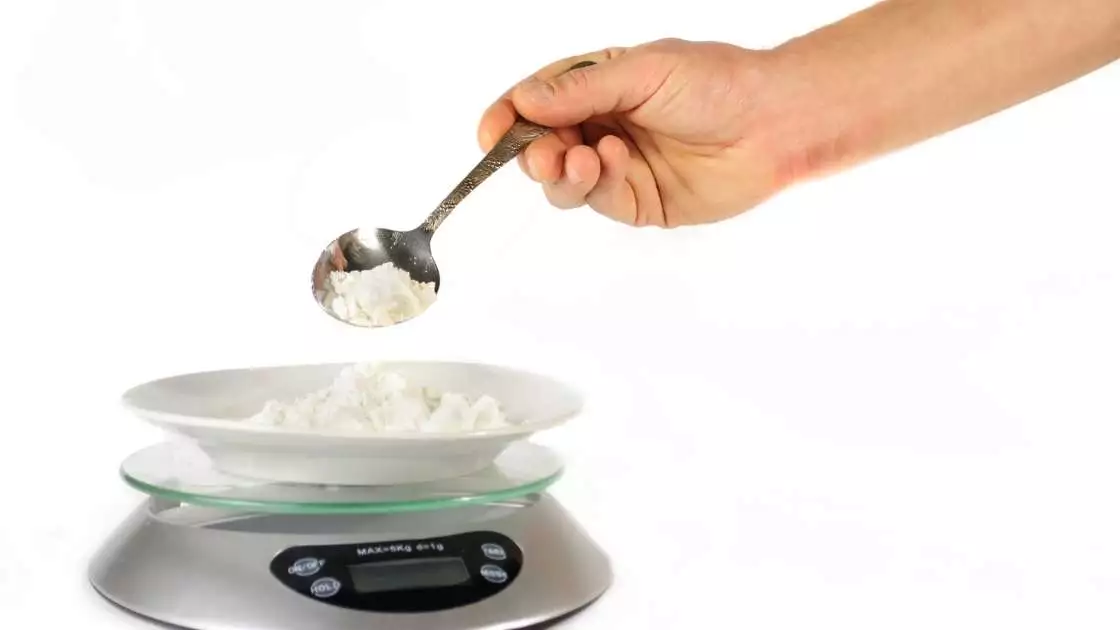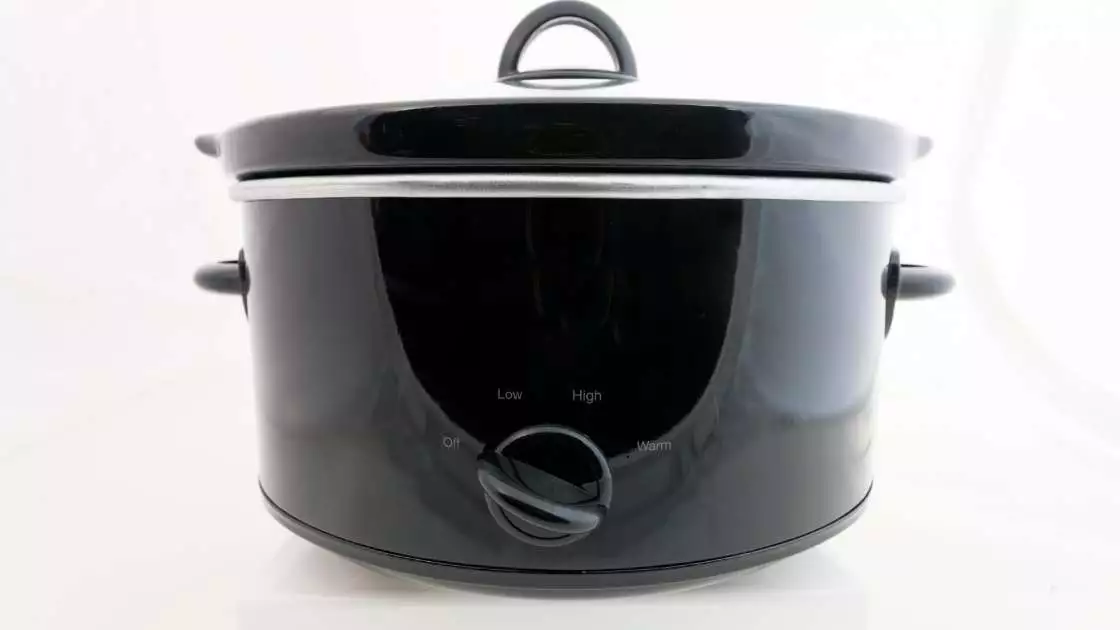If you’re a new housewife or beginner homemaker, you might not think that cooking is your job. But it’s important to remember that food is fuel for the body and mind! So don’t neglect it! Let’s look at some tips for making sure your kitchen time is as productive as possible:
Don’t get distracted.
One of the best uses of your time in the kitchen is not to get distracted by anything. If you’re watching television, turn it off and put on some music instead. If you’re working with a recipe, set up a digital timer so that you’ll know how long each step should take when it goes off. And if you’re talking on the phone, keep it short to focus on what you’re doing. This way, you can focus on the task and not waste time.
Add milk to make a queso dip.
You can make a quick and easy queso dip with leftover nacho cheese sauce. Simply add a little milk to your leftover nacho cheese and mix it together. The result will be a creamy, cheesy dip that is perfect for chips, crackers, or vegetables.
You can also use this technique to make the leftovers more like a sauce that you can pour over foods like enchiladas or tacos. You can even melt some bacon in the microwave, then stir it into the sauce and serve it as an appetizer!
Read the recipe thoroughly before beginning.
As a new cook, you must ensure you have all the necessary tools and ingredients before you begin. If something goes wrong during cooking—a burner goes out, or an oven won’t heat up—you’ll want plenty of time and energy to fix it without having to start over from scratch again! Nothing is more frustrating than realizing halfway through that your blender is still in the dishwasher and there isn’t enough time to run back home for it. It’s also important to ensure each ingredient is correctly measured, as this will affect how well-blended your sauce or soup becomes at the end of cooking.
The most important thing of all? Read the recipe completely before beginning, so everything goes smoothly from start to finish!

Use high-quality ingredients.
There are several ways to use high-quality ingredients in your cooking. The first step is to ensure you have various fresh ingredients on hand. Fresh produce, eggs, dairy products, and meat are all things you should keep in stock at all times. If you can afford it, buy organic versions of these items whenever possible because they usually taste better and are healthier for your body. Organic foods also tend to have more nutrients than conventional versions because they haven’t been treated with pesticides or herbicides (fertilizers).
If you’re looking for some inspiration on what type of foodstuffs would work best for any given dish, try using local or seasonal ingredients—these tend to be fresher than other types since they aren’t transported very far before being consumed! You may also consider using items from your pantry and anything else that might be available nearby: fresh herbs from the garden? Or how about fish stock from a nearby lake?
Don’t use a recipe if you don’t have all the ingredients.
In most cases, following a recipe will result in delicious results. But if you don’t have all the ingredients, it will not work. You can’t follow a recipe for “Thai-style Shrimp and Rice Noodles” if your pantry is empty except for a can of peas and some saltines. And if you have all the ingredients listed on the back of that menu at your favorite Thai restaurant but decide not to make anything because it looks like too much work (which it usually does), that’s on you too!
In short: If in doubt, heed this advice: Don’t use a recipe if you don’t have all the ingredients. That said, here are some helpful tips if/when things go awry:
- Try again—sometimes we fail at something before realizing what went wrong, and then we get better at it the next time! This is especially true with cooking since mistakes are easy enough to fix with just one more try or two.
- Ask someone else—if other people are having trouble following this particular recipe, perhaps they could give their input as well?
Measure your ingredients before you begin.
Measurements are the foundation of cooking; without them, you won’t get the same results every time. You’ll need to measure your ingredients before you begin cooking. If you don’t measure and eyeball what’s in your bowl or pan, one night, it might be too salty, and another night it might lack any flavor.
Measurements also help ensure that you have enough or too much of something. So if you’re trying a new recipe for the first time (or making one from memory), measure everything out beforehand so that when you start cooking, there aren’t any surprises!

Use fresh herbs when possible.
Fresh herbs are always better than dried herbs. Fresh herbs have more flavor and are more fragrant—usually cheaper. Fresh herbs retain their nutrients longer than dried ones, so if you can get your hands on fresh herbs, go for it!
They are also more versatile: you can use them in various ways throughout the cooking process instead of just at the end (like when you toss some basil in with your pasta).
Use a sharp knife to cut your onions – and crying will be minimal!
Of course, not everyone enjoys cutting onions. But if you spend your time chopping them, why not do it efficiently and make the most of the experience? Just follow these steps, and your eyes won’t water:
- Cut both ends off your onion, then cut each half in half vertically (like slicing a pie).
- Separate each piece from its neighbors by cutting through the root end.
- Slice each quarter into two halves (like slicing a pie), again cutting through their roots.
- Slice those pieces into quarters horizontally (like slicing a pizza), again cutting through their roots.
You now have 16 pieces ready for cooking or adding to whatever dish you’re making!
Begin with recipes that don’t involve multiple steps.
When you first begin to cook, start with recipes that don’t involve multiple steps. Finding a recipe that only requires one or two steps is better. This will make it easier for you to focus on the task and get comfortable with cooking as a whole.
If you’re unsure which recipe to choose, ask your family members what they would like to eat for dinner that day. Or consider making something new based on your tastes!
Use a slow cooker.
If you’re short on time, one of the best ways to ensure you have a nutritious meal is to use a slow cooker. You can throw in all sorts of ingredients - meats, vegetables, beans - and let it cook while doing other things. Then when dinner time comes around, your food will be ready and waiting for you!

Learn to master one thing at a time.
There are so many recipes that you can learn, but when starting, it’s better to learn one thing at a time. Trying too many new things at once might get overwhelming and stressful for us. You will feel like giving up because there are just too many dishes to make and too much equipment to buy before getting started. The best advice I can give is this: pick one thing that interests you most and start there! This way, you’ll have more success and fun in the kitchen!
You may want to try making homemade bread or pizza dough first because they’re easy recipes with simple ingredients that require minimal effort (and they taste great!). Start small, and work your way up to the big stuff like pies, salads, sauces, and soups! Once you’ve mastered those two basic items, move on to something else like homemade chocolate chip cookies or brownies. You could even start by learning how to make a simple chocolate cake or banana bread.
Make sure your oven is preheated for at least 10 minutes before putting your food in it.
Preheat your oven for at least 10 minutes when cooking something that requires baking before putting the food in it. If you don’t preheat your range, you could end up with a soggy bottom or burnt top (if the bottom of the dish touches hot metal while baking). Most importantly, if you don’t preheat your oven and then put cold food into it—like cookies—the center will not cook properly.
Practice
Practice makes perfect. The best way to learn is by doing, and that’s the most important thing you can do as a housewife. You will feel more confident in the kitchen when something goes wrong because you know how to fix it. Because of all this practice, you will also feel more confident about your cooking skills!
FAQ
Conclusion
Cooking is a skill that takes time to master, but the more you practice, the better you will become. In fact, once you start cooking frequently and consistently, it becomes second nature. This can be helpful when preparing meals for your family or friends because they will appreciate how much effort goes into ensuring everything tastes great! If you want to learn how to cook better food at home without spending too much on ingredients - now is your chance!


